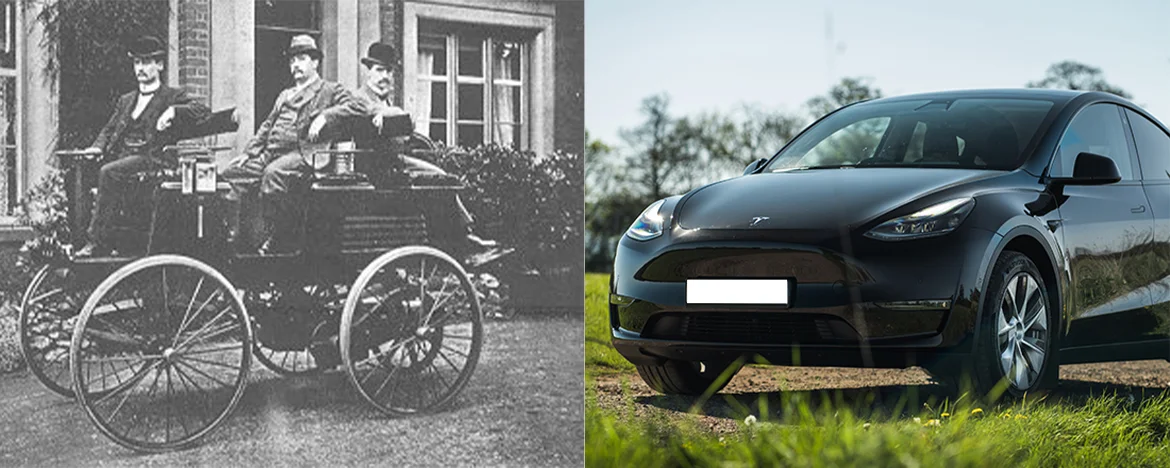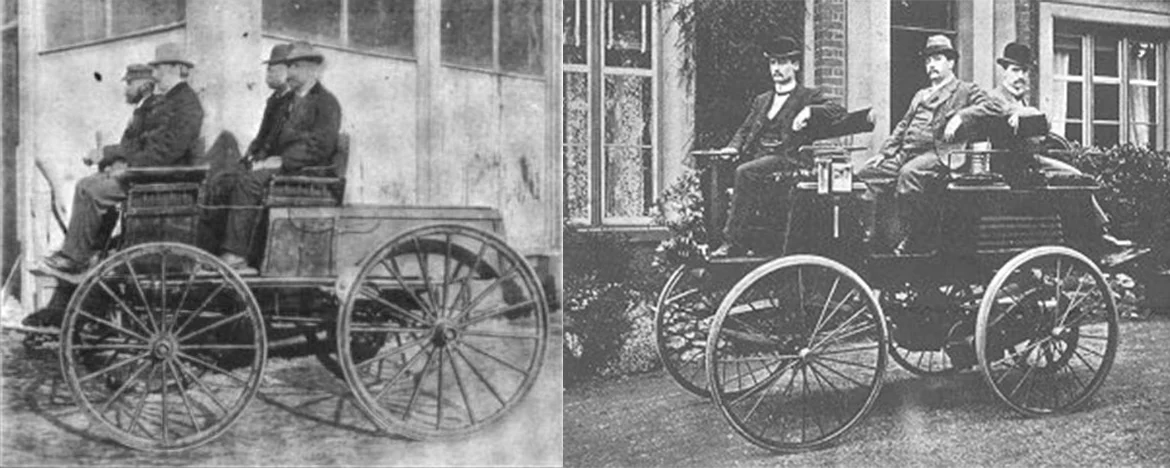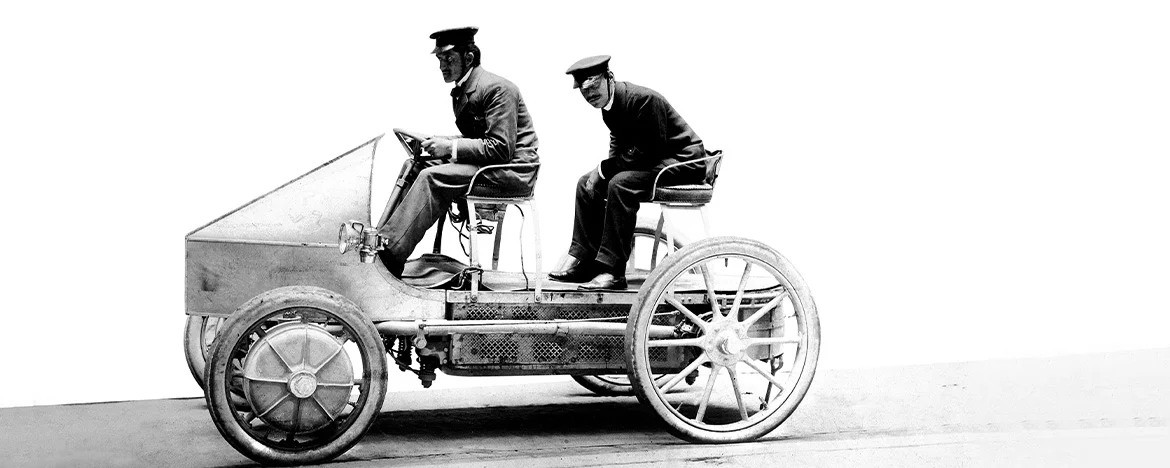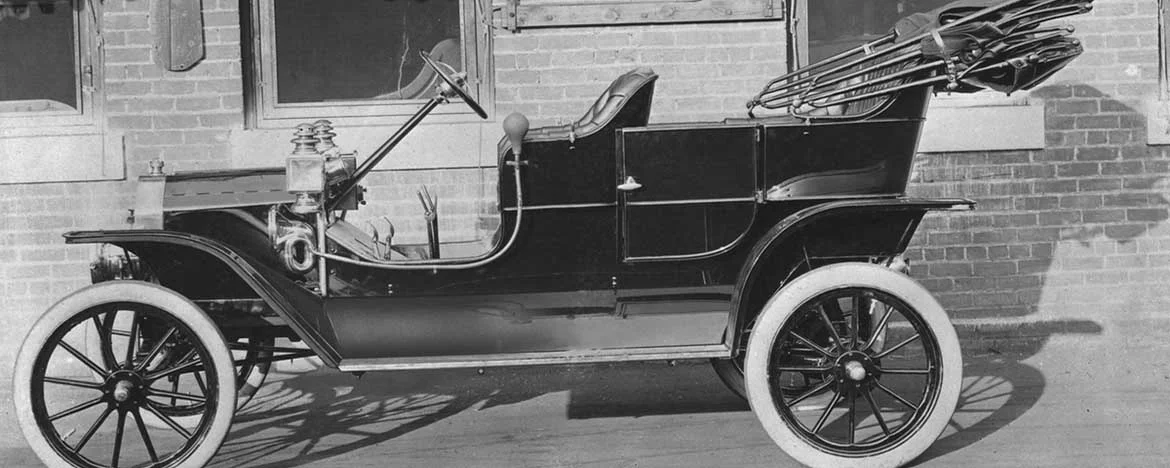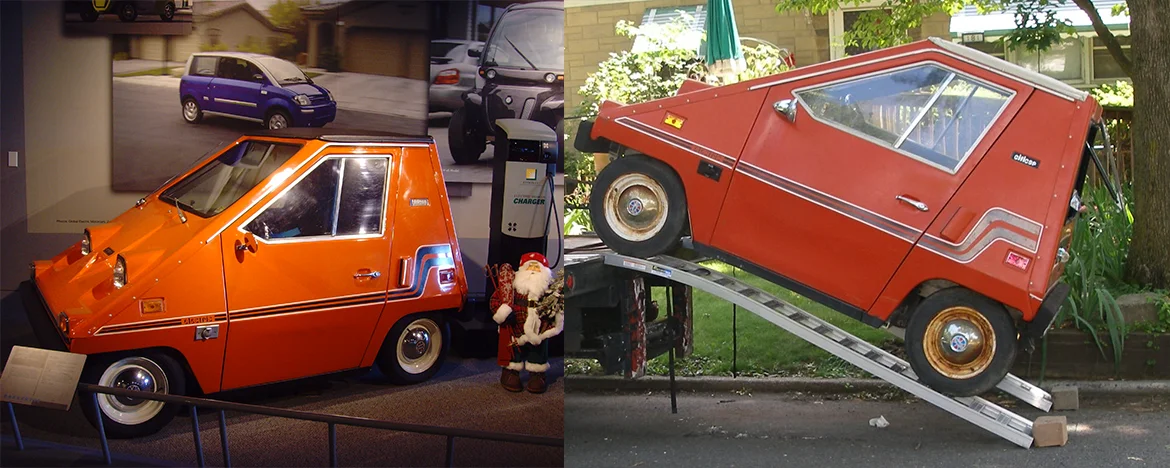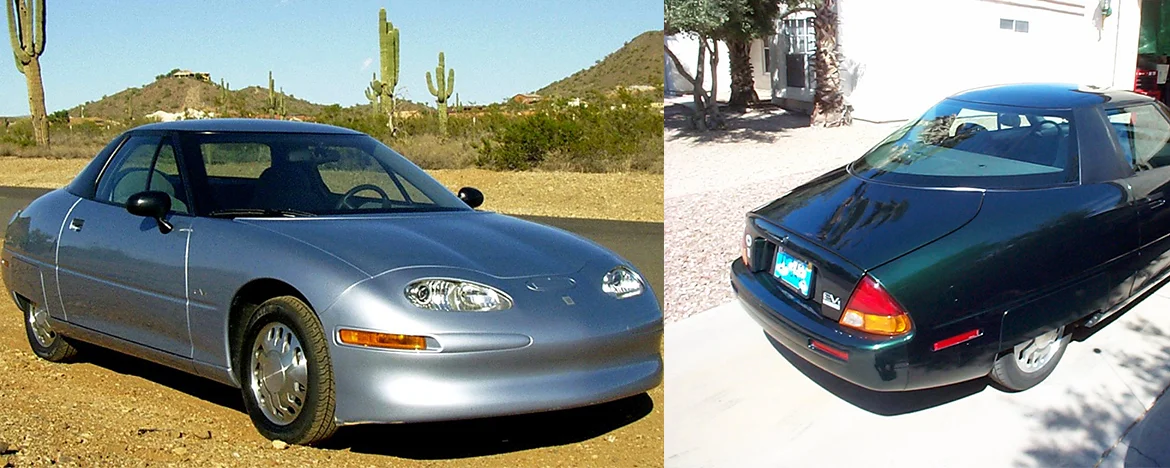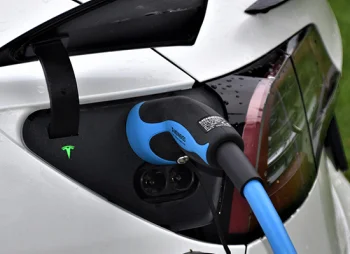The oil embargo of 1973 sparked some of the first necessary change.
With oil prices rocketing to $12 per barrel overnight, electric cars suddenly seemed like a welcome alternative.
The first Citicar (essentially a glorified golf cart) launched in 1974 with a top speed of 25mph, while later variants had a top speed of 40mph and a range of 40 miles. 2300 Citicars were built between 1974 and 1977, when the company was sold to Commuter Vehicles Inc., and the car was rebadged as the Commuta-Car.
It eventually sold 4444 units, making Sebring-Vanguard and Commuter Vehicles the largest EV producer in America until Tesla overtook it in 2013.
The Californian mandate in the 1990s that said car manufacturers had to sell a small percentage of zero-emission vehicles also sparked another way of innovation.
The commercialisation of the lithium-ion battery in 1991 meant that new electric cars could travel much further than they ever had before, which helped car makers significantly.
GM, who had already dabbled in EVs back in 1966, tried again. Applying all the tech it had to the problem, GM wanted to establish themselves as industry leaders with their concept Impact car, and eventual production model the GM EV1.
A tiny two-seater, it went against the tide of what the people of the time wanted, which was big old SUVs. And when the mandate was lifted after intensive lobbying, the GM EV1 dropped off the face of the earth.

